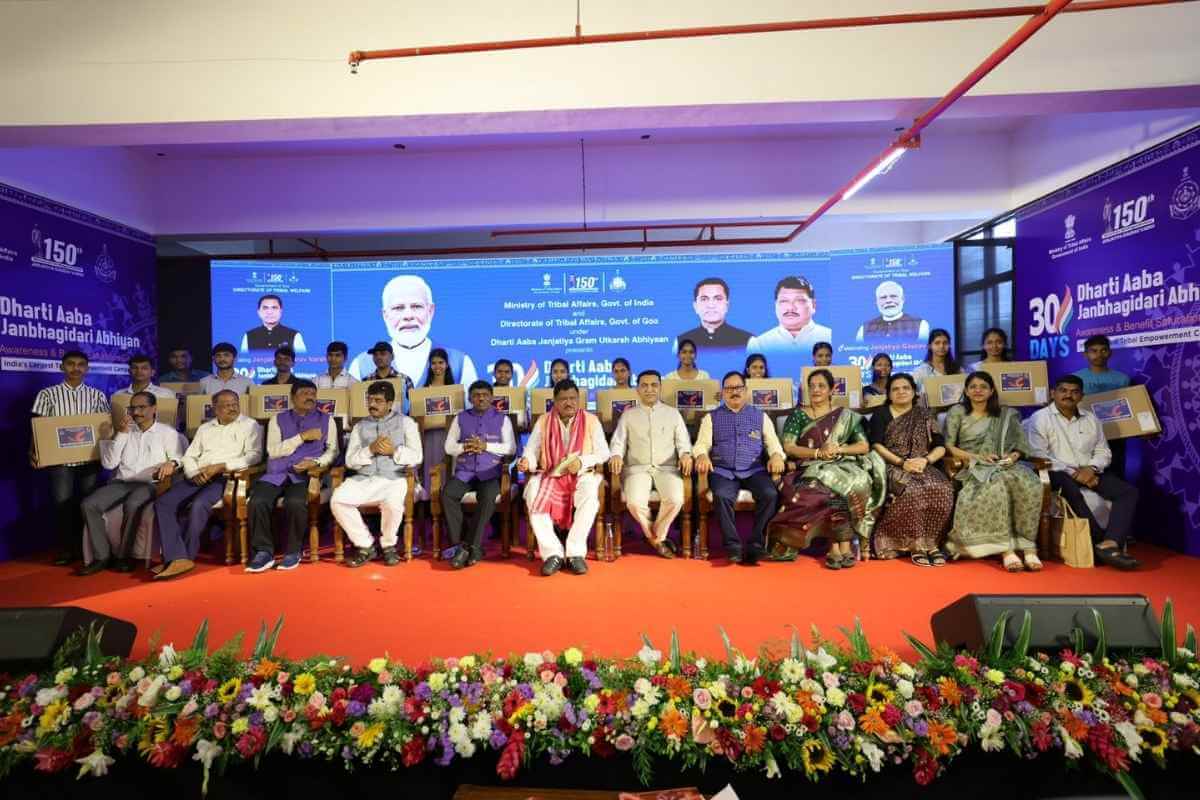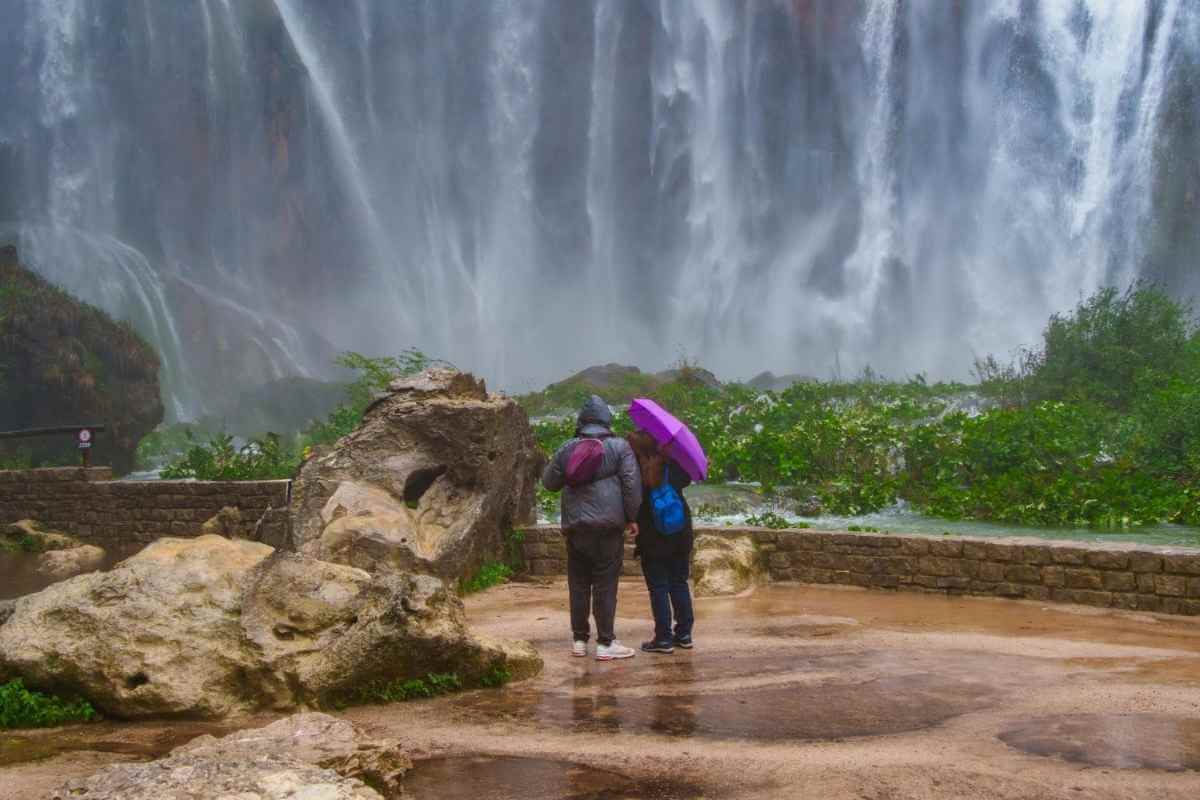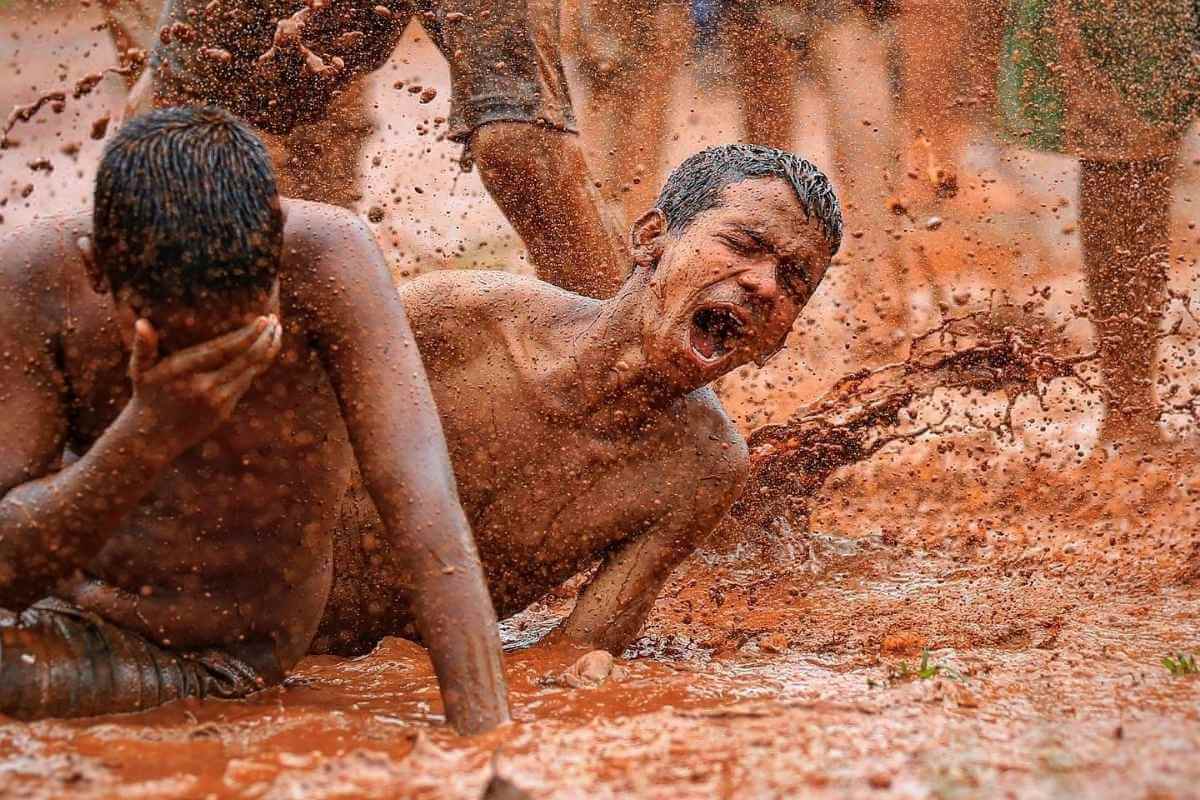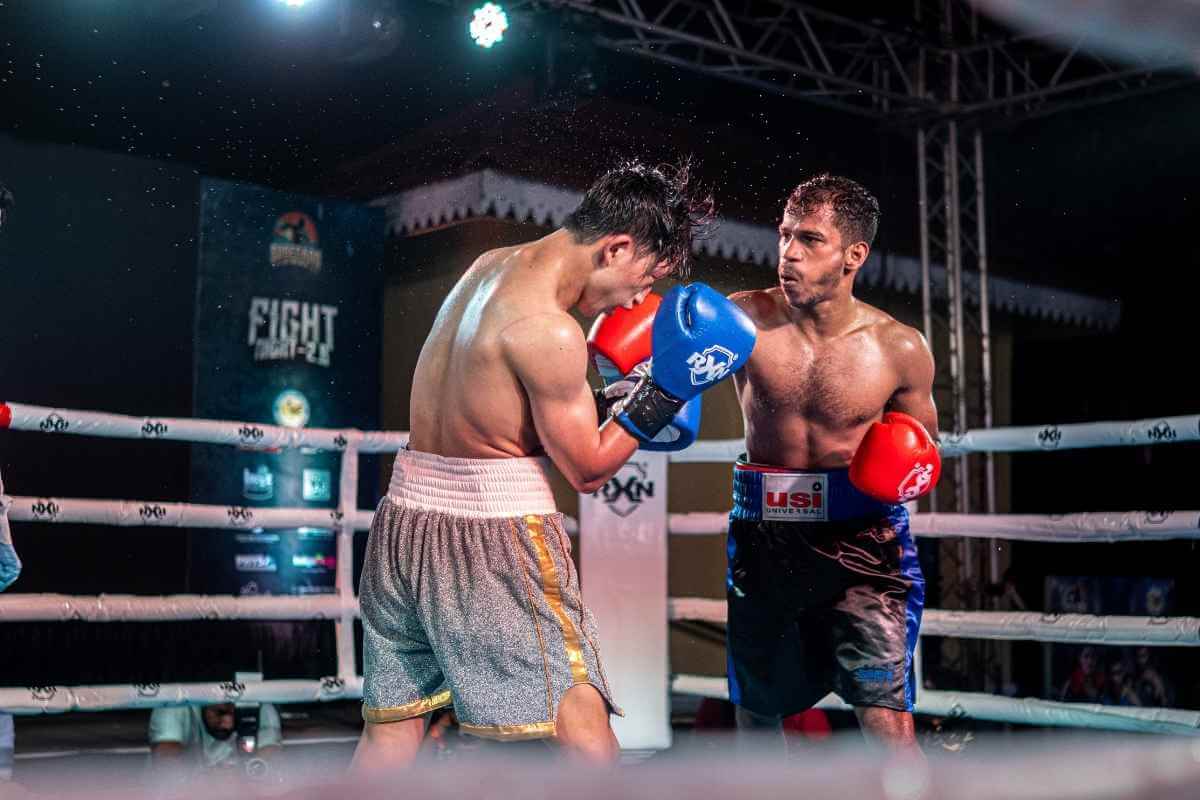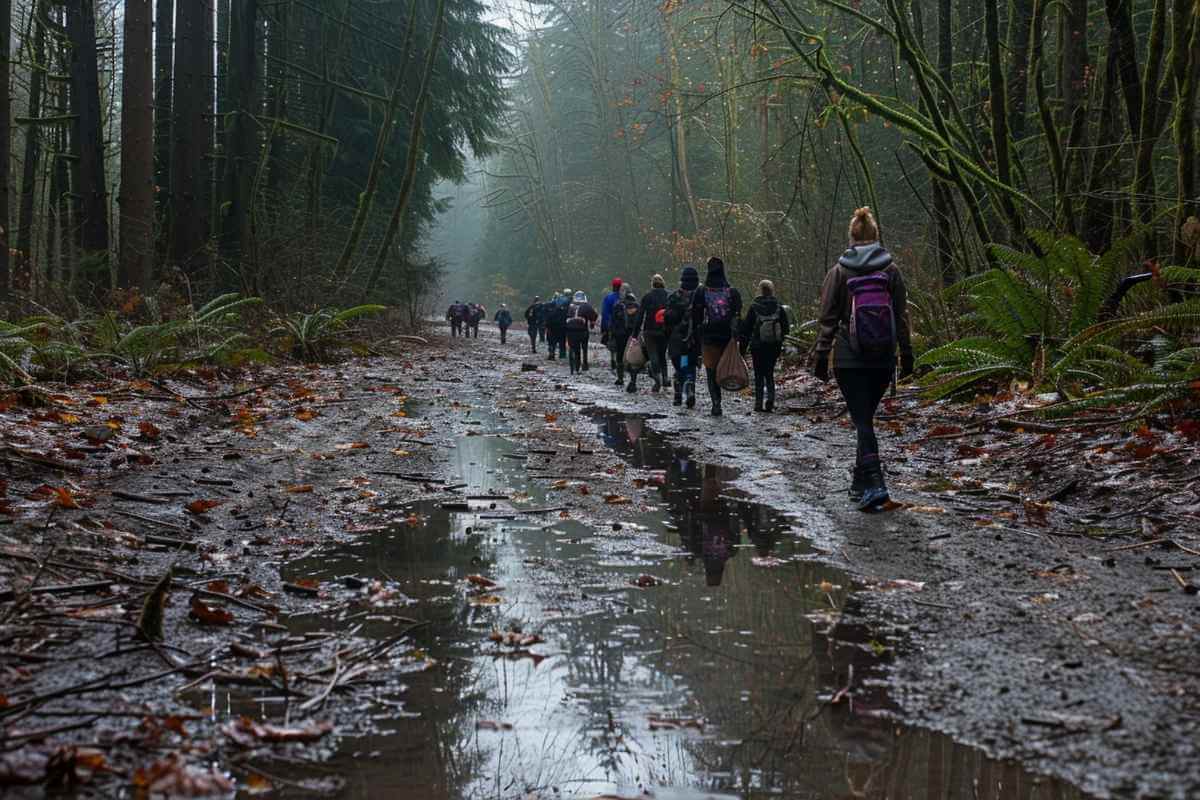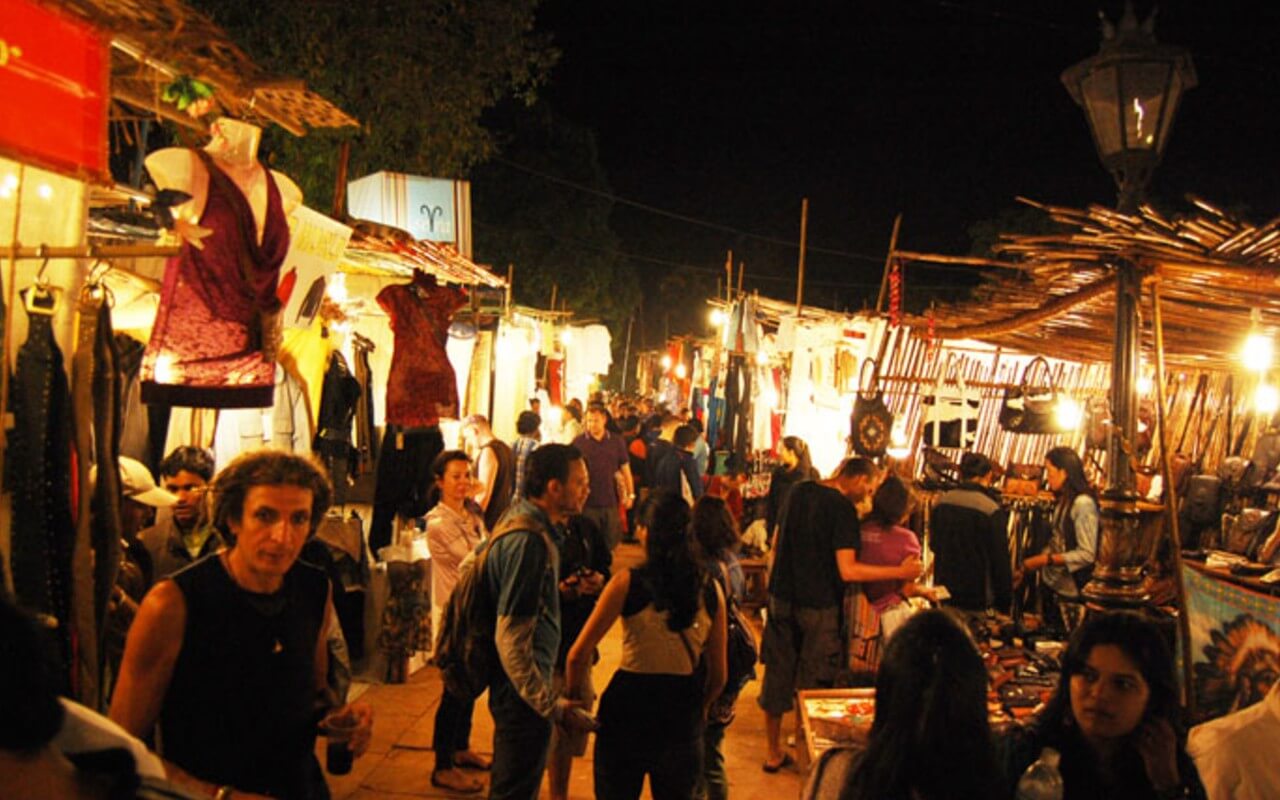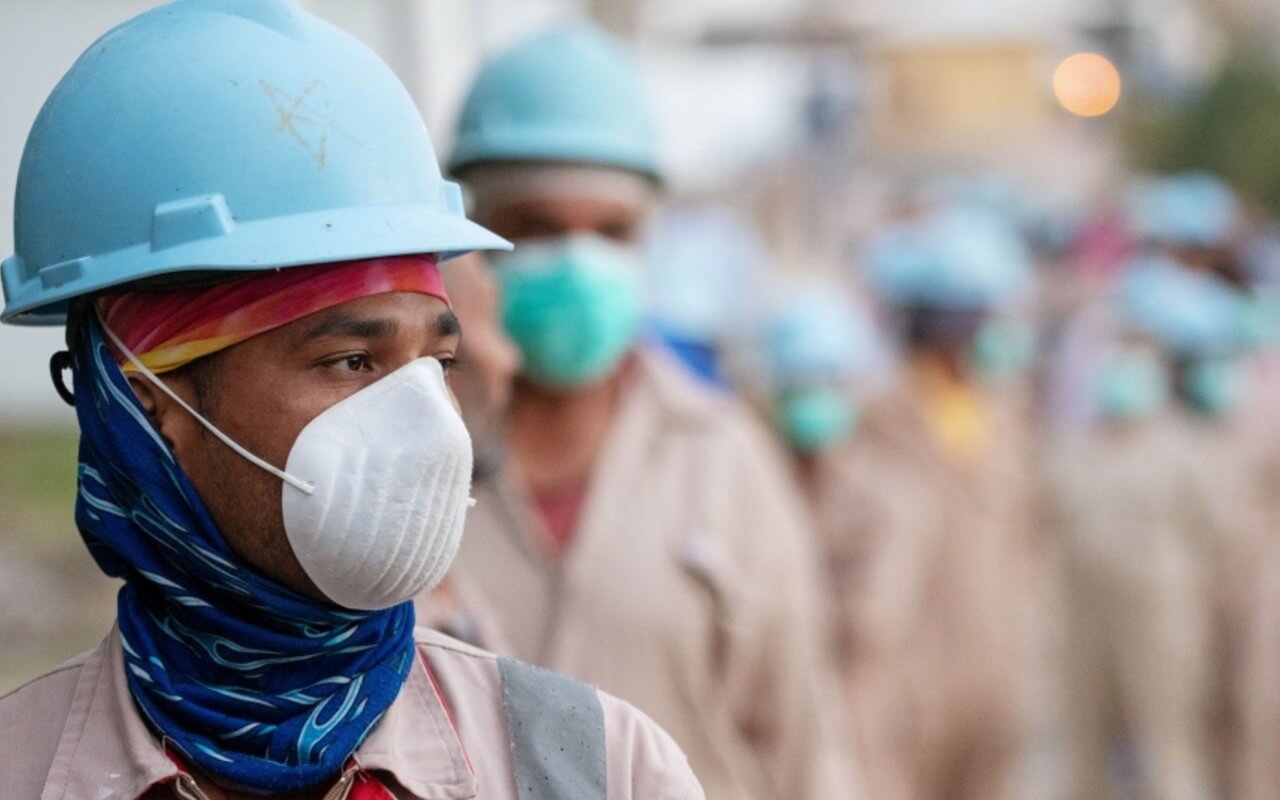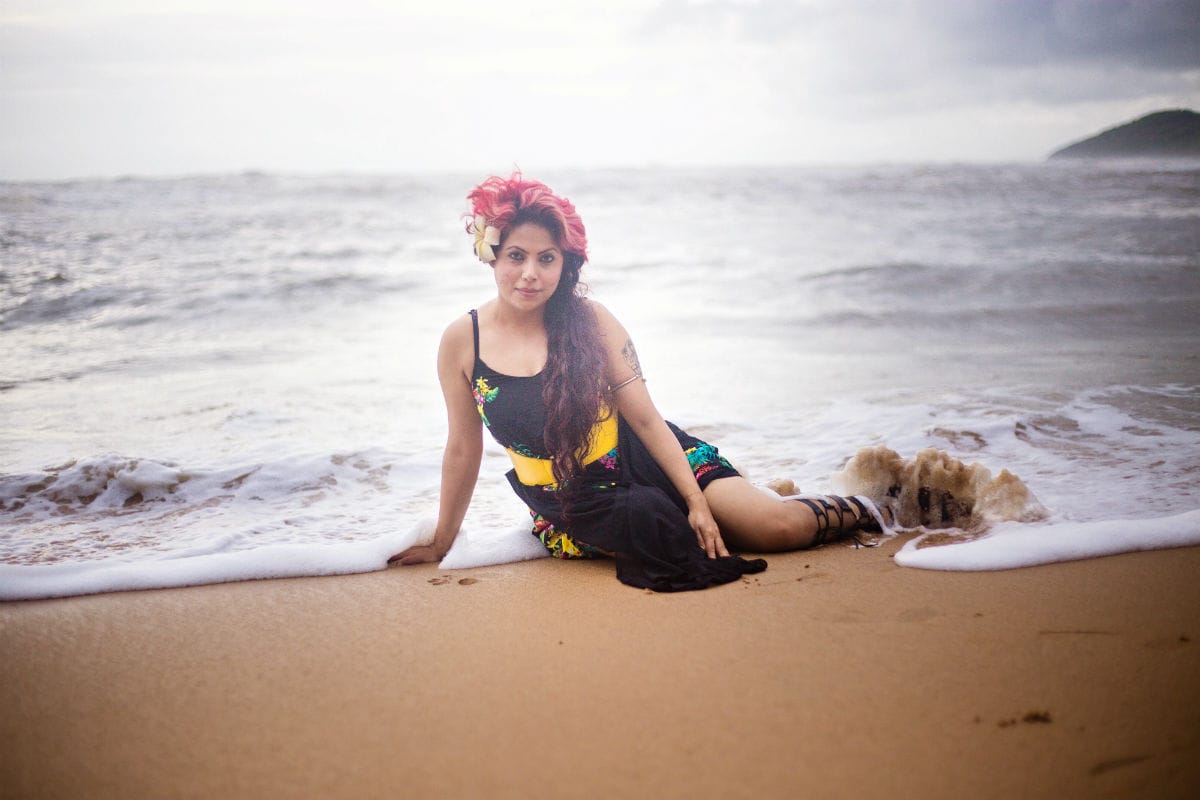When The world is facing the second and third wave of the Covid-19 infection there is one country that has overcome the fear of Coronavirus and living a normal life. It is not as rich and resourceful as the America or Russia is and but still the restaurants, bars and cafes are packed with people every day. Office buildings hum and schools resound with the shrieks and laughter of maskless children. Last October, a Pride parade drew an estimated 130,000 people to the streets of Taipei, the capital. Rainbow masks were abundant; social distancing, not so much.
We are talking about Taiwan, an island of 24 million, which has seen just 10 Covid-19 deaths and fewer than 1,000 cases, has used its success to sell something in short supply: living without fear of the coronavirus. The relatively few people who are allowed to enter Taiwan have been coming in droves, and they’ve helped to fuel an economic boom.
Everything is mostly reopened, and the only signs of Covid-19 in the country are the frequent temperature checks and the expectation to wear masks on the subway. People are traveling internally for vacations, including visiting restaurants, bars, and beaches, and most are back to the office.
Taiwan’s close proximity to China, the epicenter of the virus made it a possible place for the virus to spread to a great extent. But the Taiwan government led by the country’s first female president, Tsai Ing-Wen took care of every possible way to curb the spread of the virus at its roots. Unlike other countries, except for Wuhan, Taiwan didn’t restrict any other international flights from arriving in the country.
They also set up a home quarantine system using geofencing technology where the government tracked people with their phones and called them twice a day to make sure they were staying home. That helped limit the spread of Covid-19, and Taiwan now has one of the lowest coronavirus death counts in the world. Moreover, visitors who wish to remain on tourist visas have been allowed to without needing to do a visa run every 90 days.
Taiwan’s government had a strong plan — one that had been in place since the SARS scare of 2003 — for managing a pandemic. And there were no exceptions to the rules. Even the people didn’t complain anytime, no one protested and no one fought against the tight measures and everyone came together jointly to curb the deadly virus.
On the other hand, Taiwan has been excluded from the World Health Organization because China claims Taiwan as its province with no right to its own diplomatic representation on the global stage and in international organizations. As a result, health officials say they were left out of receiving first-hand information on the coronavirus outbreak. But it was still able to move forward with a concrete and effective plan of its own.
There was easy access to almost every free and rapid testing center around the country. At every building, including restaurants, gyms, and offices, the temperature is checked and one cannot enter without face masks. There’s also enforcement for those who don’t follow the rules. There are huge fines if people are caught not wearing masks in designated areas, such as the subway, and for breaking quarantine.
As countries around the world feared they would run out of essential supplies, including masks, Taiwanese citizens used their national health insurance cards to purchase their allotment of masks. And finally, Taiwan themselves made and gave away 17,000,000 masks to many countries around the world.
Everyone in Taiwan has a healthcare record tied to their name, which allows their doctors and nurses to access their medical information online. That gives health officials near real-time data on hospital visits. From there, health officials were able to send alerts to doctors about their patients at higher risk for having the virus based on their travel history. They could closely monitor who had been to China and Wuhan. And then test people who had been to China, as well as those with respiratory symptoms, which meant they could get ahead of a potential hotspot.
In Taiwan, there’s a strong feeling that sometimes people have to give up their “individual desires and benefits” for the sake of their community — a mindset that contrasts to Americans’ tendency to be more individualistic, based on his experience living in this country. That community-oriented mentality helped Taiwan come together to tackle the threat in a more unified way, and it meant that very few people declined to follow the public health recommendations.
The influx of people helped make Taiwan one of last year’s fastest-growing economies indeed, one of the few to expand at all. There was a brief slowdown at the start of the pandemic, but the economy grew more than 5 percent in the fourth quarter compared with the same period in 2019. The government expects 4.6 percent growth in 2021, which would be the fastest pace in seven years.
Exports in Taiwan have been on the rise for eight straight months, fuelled by shipments of electronics and surging demand for Taiwan’s most important product, semiconductor chips. Domestic tourism is also booming. Taiwanese who had been used to taking short flights to Japan or Southeast Asia are now exploring their home. Sightseeing destinations like Sun Moon Lake and the Alishan mountain resort area have been swamped with tourists, and at least one upscale hotel outside Taichung is booked through July.
Many are wondering how long Taiwan’s status as a Covid-19 outlier can last, especially as vaccine rollouts surge forward elsewhere. So far, officials have been slow to procure and distribute vaccines, in part because there has been so little need for them. The government announced just this month that it had received its first batch, to be given to medical workers.
If Taiwan, being an underrated, undeveloped country according to the rest of the world was able to defeat Covid all by themselves then the other countries can also do it definitely only if they get their example from Taiwan.
Photo by Tim Douglas from Pexels



